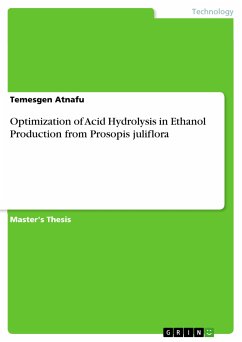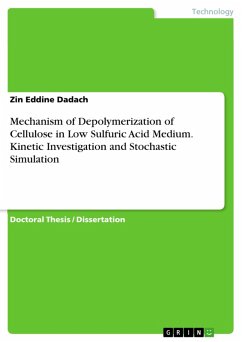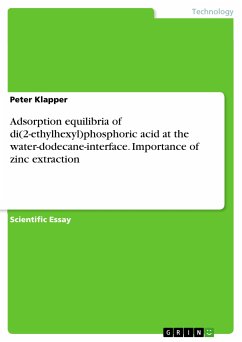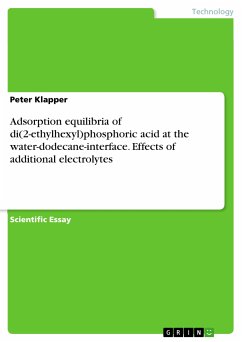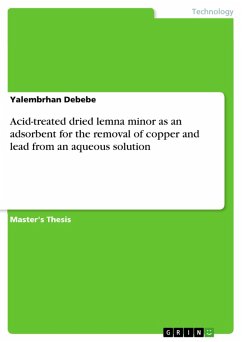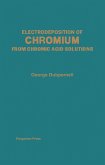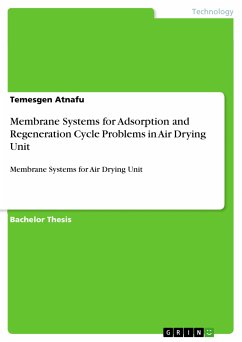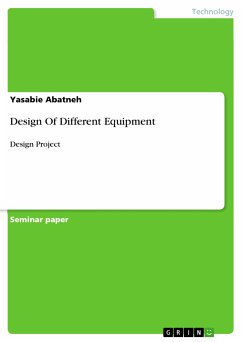Master's Thesis from the year 2012 in the subject Engineering - Chemical Engineering, Addis Ababa University, language: English, abstract: Lignocellulosic materials (eg.Prosopis juliflora) can be utilized to produce ethanol, a promising alternative energy source for the limited crude oil. This study involved optimisation of acid hydrolysis in ethanol production from prosopis juliflora. The conversion of prosopis juliflora to ethanol can be achieved mainly by three process steps: pretreatment of prosopis juliflora wood to remove lignin and hemicellulose, acid hydrolysis of pretreated prosopis juliflora to convert cellulose into reducing sugar(glucose) and fermentation of the sugars to ethanol using Saccharomyces cerevisiae in anaerobic condition. A two level full factorial design with four factors, two levels and two replicas (24*2=32 experimental runs) was applied to optimize acid hydrolysis and study the interaction effects of acid hydrolysis factors, namely, acid concentration, solid fraction, temperature, and time. An optimization was carried out to optimize acid hydrolysis process variables so as to determine the best acid concentration, solid fraction, temperature, and contact time that resulted maximum ethanol yield. The screening of significant acid hydrolysis factors were done by using the two-level full factorial design using design expert® 7 software. The statistical analysis showed that the ethanol yield of (40.91% (g/g)) was obtained at optimised acid hydrolysis variables of 0.5%v/v acid concentration, 5%w/w solid fraction,105.01°C temperature, and 10 minutes hydrolysis time. Keywords: Prosopis juliflora, pretreatment, hydrolysis, fermentation, 2 level factorial, optimization.
Dieser Download kann aus rechtlichen Gründen nur mit Rechnungsadresse in A, B, BG, CY, CZ, D, DK, EW, E, FIN, F, GR, HR, H, IRL, I, LT, L, LR, M, NL, PL, P, R, S, SLO, SK ausgeliefert werden.

